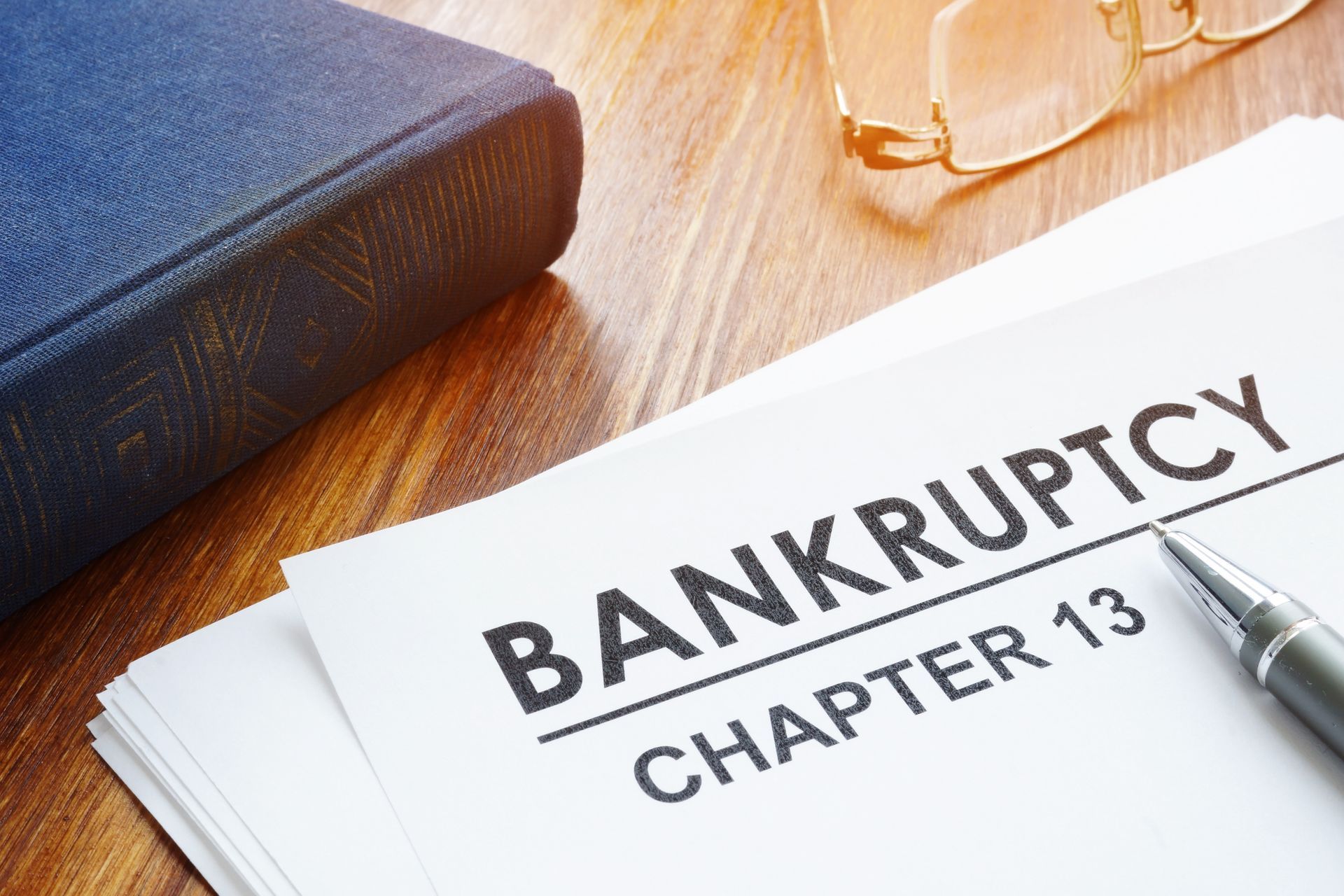Can I Keep My Home and Car in Chapter 7 Bankruptcy? Understanding California’s Exemption Rules
Bankruptcy is a legal process that can help individuals and businesses get a fresh start financially. Chapter 7 bankruptcy, also known as liquidation bankruptcy, is one of the most common types of bankruptcy filed by individuals in California. The process involves selling off certain assets to pay off creditors, but many people wonder what they can keep and what is considered exempt. In this blog post, we will explore California’s bankruptcy exemption rules and answer the question, “Can I keep my home and car in Chapter 7 bankruptcy?”
1. Protected Property in Chapter 7 Bankruptcy: In Chapter 7 bankruptcy, debtors must surrender non-exempt assets to a bankruptcy trustee. These assets will be sold to pay down debt. However, California has specific exemption rules that allow debtors to keep certain assets. These exemptions are meant to ensure the debtor has enough property to live and work. The protected property includes personal property, such as clothing, household goods, and necessary tools of the trade. California also allows debtors to keep a certain amount of equity in their home and car.
2. California’s Homestead Exemption: Californians can claim a homestead exemption to protect the equity in their primary residence. In California, the homestead exemption amount is currently $600,000 for individuals and $900,000 for married couples filing jointly. This means that if the equity in your home is less than the exemption amount, you can keep your home. However, if the equity is higher than that amount, the bankruptcy trustee may sell the home and use the proceeds to pay off creditors.
3. California’s Motor Vehicle Exemption: California debtors can also claim an exemption for their car or other motor vehicle. The exemption amount is currently $3,325. If the equity in your car is less than the exemption amount, you can keep your car. If the equity is higher, the bankruptcy trustee may sell the car and use the proceeds to pay off creditors.
4. Other Exempt Property: In addition to a homestead exemption and a motor vehicle exemption, California debtors can claim other exemptions. For example, California allows debtors to exempt retirement accounts and certain life insurance policies. There are also exemptions for personal injury awards and workers’ compensation benefits. It’s important to understand these exemption rules and consult with a bankruptcy attorney to ensure you are protecting all of your exempt assets.
5. Non-Exempt Assets: It’s important to note that not all assets are exempt in bankruptcy. Non-exempt assets include luxury items, investment properties, second homes, and valuable artwork. These assets can be sold by a bankruptcy trustee to pay off creditors. If you have non-exempt assets, it’s important to discuss your options with a bankruptcy attorney to determine the best course of action.
In conclusion, California’s exemption rules allow debtors to keep certain assets in Chapter 7 bankruptcy, including their primary residence and motor vehicle. However, it’s important to understand the exemption rules and consult with a bankruptcy attorney to ensure you are protecting all of your exempt assets. If you have non-exempt assets, a bankruptcy attorney can help you determine the best course of action to protect your assets and get a fresh financial start. Remember that bankruptcy is a legal process that can have long-term consequences, so it’s important to approach the process with an experienced attorney by your side.









